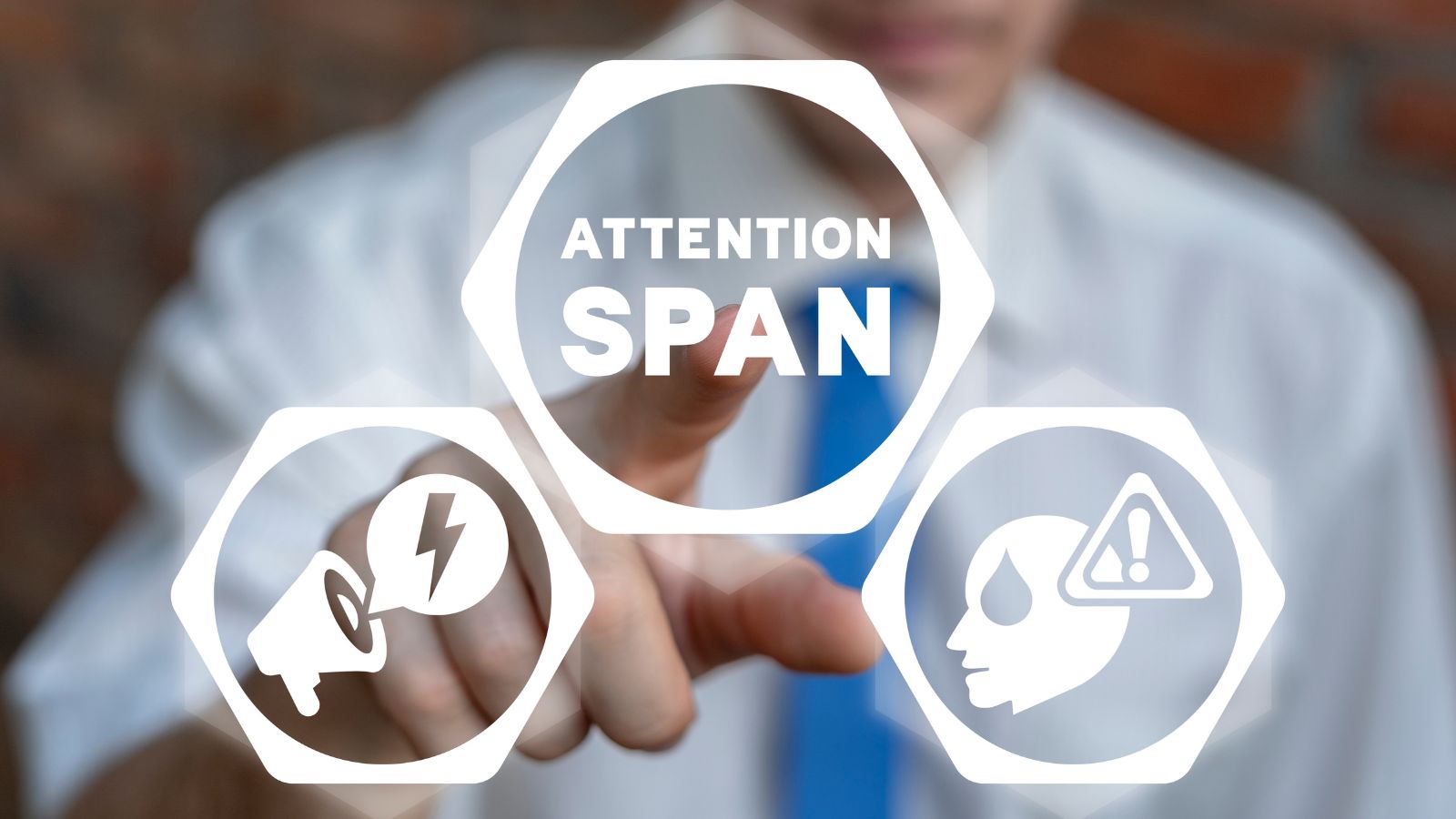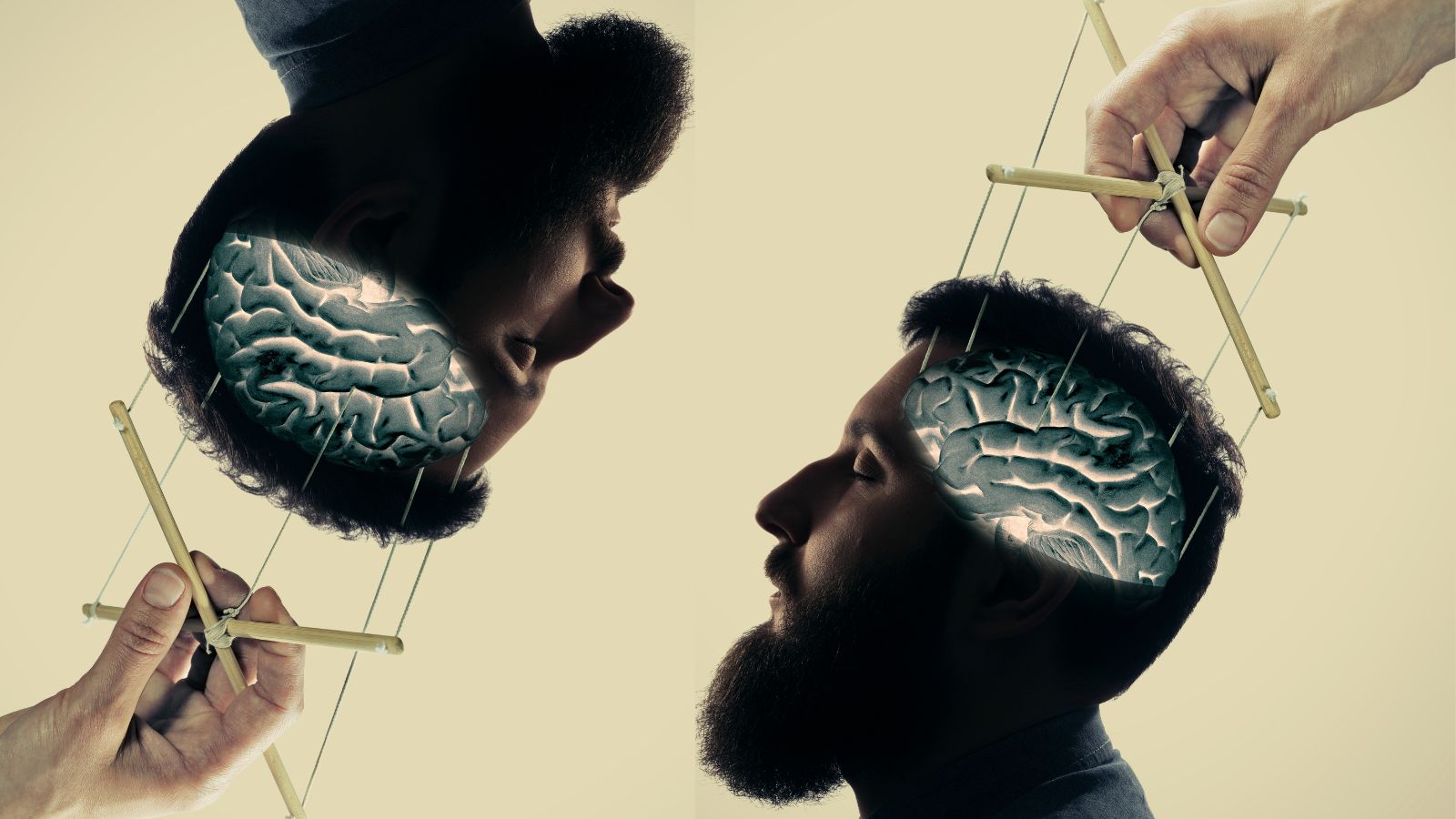In today’s digital age, we’re constantly connected to technology. Our lives are deeply intertwined with the online world, from smartphones and tablets to social media platforms and streaming services. Although technology brings numerous benefits, the increasing dependence on it has a dark side: tech addiction, which can significantly impact mental health. Below, we explore 19 alarming ways this dependency on technology undermines our mental well-being.
Disruption of Sleep Cycles

One of the most common consequences of tech addiction is poor sleep. Exposure to screens, especially close to bedtime, disrupts our body’s natural sleep-wake cycle or circadian rhythm. The blue light emitted by devices tricks our brains into thinking it’s daytime, making it harder to fall asleep. Over time, lack of quality sleep can lead to chronic insomnia, exacerbating anxiety, depression, and stress.
Heightened Anxiety and “Nomophobia”

With a smartphone always at hand, it’s easy to fall into a constant checking habit. Notifications, emails, and social media alerts create an anxiety-inducing loop, especially when we feel compelled to respond immediately. This phenomenon, known as “nomophobia,” or the fear of being without a mobile device, can make us feel uneasy, stressed, or irritable if we are separated from our phones.
Shortened Attention Span

Studies show that constant interaction with digital content, like social media or short videos, reduces our attention spans. Rapid content consumption on platforms like TikTok and Instagram makes it challenging to focus on tasks that require sustained attention. This decrease in attention span affects productivity, creativity, and overall mental clarity.
Self-Esteem Issues Through Comparison

Social media is often a highlight reel, showcasing only the best parts of people’s lives. This leads to a distorted perception that others are more successful, happier, or better-looking. The “comparison trap” negatively impacts self-esteem, leading to feelings of inadequacy and fueling depressive symptoms. This cycle of comparison has been linked to increased depression rates, especially among younger users.
Decline in Interpersonal Skills

Constant digital interaction gradually replaces face-to-face communication, impacting our social skills and empathy. When our interactions are limited to online conversations, we may become less attuned to non-verbal cues, leading to less meaningful connections. Over time, this can diminish our ability to navigate real-world relationships and may contribute to loneliness.
Dependency on Dopamine Hits

Our brains release dopamine (a “feel-good” neurotransmitter) when we engage with something pleasurable. Tech use provides a constant flow of dopamine hits through notifications, likes, and shares. This “dopamine loop” creates a dependency on instant gratification, making it difficult to enjoy real-life experiences that don’t provide the same immediate reward.
Depression from Fear of Missing Out (FOMO)

Social media informs us about what others are doing but often leads to FOMO or the “fear of missing out.” Seeing others constantly engaged in exciting activities can make us feel left out or unsatisfied with our lives. FOMO is strongly associated with depressive symptoms and can lead to a sense of emptiness.
Digital Burnout

Consuming digital content endlessly, whether for work, social media, or entertainment, can lead to digital burnout. This is especially common among those who work from home and struggle to set boundaries between personal and professional digital spaces. Digital burnout leaves us mentally and physically exhausted, less able to handle stress, and susceptible to depressive symptoms.
Trauma from Cyberbullying

Cyberbullying has emerged as a significant risk factor for mental health problems, particularly among younger users. Harassment, threats, and negative comments on social media platforms can lead to severe psychological effects, including depression, anxiety, and, in extreme cases, suicidal ideation. The anonymity of the internet often encourages bullies, making it challenging to regulate and prevent these interactions.
Heightened Feelings of Loneliness

Despite the notion that technology keeps us connected, tech addiction often leads to increased loneliness. Online interactions, though frequent, tend to lack the depth and quality of in-person relationships. This can make individuals feel isolated and, paradoxically, disconnected from others, contributing to loneliness and depression.
Decreased Physical Activity

Another consequence of tech addiction is a sedentary lifestyle—the more time spent on digital devices, the less time available for physical activity. Lack of exercise contributes to fatigue, poor physical health, and an increased risk of mental health disorders. Regular physical activity has been shown to improve mood, reduce anxiety, and enhance overall mental well-being.
Obsession with Validation

Many social media platforms are designed to engage users by rewarding them with “likes,” “shares,” and “comments.” This creates a dependency on external validation, where individuals measure their self-worth based on online feedback. When this validation is lacking, users may experience feelings of rejection, low self-esteem, and depression.
Body Image Distortion

Social media is rife with filtered images and beauty-enhancing apps, creating unrealistic body standards. This constant exposure to digitally altered images can lead to body dysmorphia, negative self-perception, and, in some cases, disordered eating. These body image issues are especially prevalent among younger users who are still developing their sense of identity.
Cognitive Decline

Constant digital multitasking (checking emails, texting, switching between apps) can impact cognitive health over time. Studies suggest that multitasking in this way reduces memory retention, attention to detail, and overall cognitive function. Prolonged exposure to high levels of digital stimulation may even speed up cognitive decline in certain parts of the brain.
Decision Fatigue

Technology offers endless choices, from selecting a show on Netflix to deciding what to order on a food app. This multitude of options leads to decision fatigue, a phenomenon where making too many choices drains mental energy and reduces self-control. Decision fatigue can lead to stress, poor choices, and a feeling of mental exhaustion.
Escapism and Reality Avoidance

The allure of virtual worlds, online gaming, and social media can make it tempting to avoid real-life problems. This escapism provides short-term relief from stress but, over time, contributes to a disconnection from reality. Relying on technology to escape real-world challenges prevents personal growth and delays essential problem-solving skills.
Increased Aggression

Frequent exposure to aggressive or violent content, whether in video games, online forums, or certain social media platforms, can desensitize individuals and lead to increased aggression in real life. Additionally, the anonymity of the internet can reduce inhibition, making users more likely to act out aggressively or engage in heated arguments.
Paranoia from Privacy Invasion

As technology becomes more invasive, data privacy and tracking concerns have become more pronounced. This awareness can create a sense of paranoia and distrust in our online activities, impacting our mental well-being. Increased worry over personal privacy can heighten anxiety, especially in situations where individuals feel they have no control over their data.
Decreased Academic or Job Performance

Being constantly distracted by notifications, social media, and other digital content can negatively affect academic or professional performance. The struggle to focus on work or studies results in lower productivity and decreased success. This decline in performance often leads to anxiety, feelings of inadequacy, and an increase in depressive symptoms.
Conclusion

Technology undoubtedly enriches our lives, but it’s crucial to recognize when our engagement with it becomes detrimental. Achieving a balance between the digital and physical worlds enables us to enjoy the benefits of technology without sacrificing our mental health.
Some ways to combat tech addiction include setting screen time limits, using apps that block distractions, and prioritizing real-life social interactions. Regular digital detoxes can also be beneficial, giving the brain time to recharge and reducing dependence on technology. Moreover, incorporating physical activity, engaging in hobbies, and establishing a sleep-friendly evening routine can help offset some of the mental health impacts of tech addiction.
18 Reasons Why People Are Leaving Florida in Masses

Exploring factors that impact the desirability of living in Florida, this list delves into various challenges shaping residents’ experiences. From environmental concerns like rising sea levels to economic factors such as fluctuating job markets, these issues collectively contribute to a nuanced understanding of the state’s appeal.
18 Reasons Why People Are Leaving Florida in Masses
